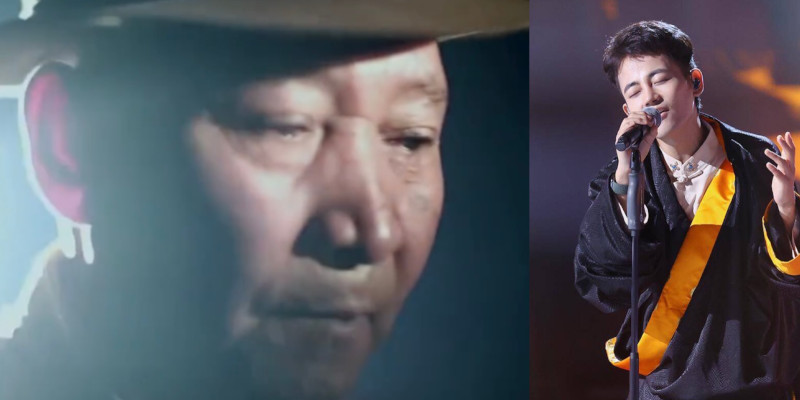The Father of a popular Tibetan singer who burnt himself in protest against China is reported to have killed himself. According to sources of the Tibetan section of Voice of America, an elderly Tibetan man, whose son died earlier this year after setting himself on fire in Tibet in protest against China has committed suicide after Chinese authorities conducted repeated harrassments.
Choegyen is the father of Tsewang Norbu, a mainstream popular Tibetan singer in Tibet. Tsewang Norbu on February 25 this year carried out one of the most shocking demonstrations in protest against China. He committed self-immolation in front of the Potala Palace, one of the most tightly barricaded spots of strictly monitored places in occupied Tibet by the Chinese military.
Because China strictly censored every information about Tsewang Norbu’s demonstration, sources of media such as Radio Free Asia were able to gather witness information about it. While it is highly saddening to hear about such an established artist resorting to such desperate means of demonstrating protest, his elderly father is now reported to have taken his life following repeated monitoring and harassment by the Chinese authorities.
Tsewang Norbu, a singer, and composer of modern, ethnic, popular, and traditional songs, is best known for the songs “Tsampa,” “Dress Up,” and “Except You,” among many others that have become popular among Tibet’s domestic and international communities. According to the Voice of America report, Choegyen is himself a music writer and composer for several regional Tibetan Performance groups and an expert Tibetan guitarist. He is said to love singing and playing Tibetan musical instruments.
In Tibetan areas, high-tech controls on phone and internet communications prevent news of Tibetan protests and arrests from reaching the rest of the globe. Tibetans’ political activities and peaceful expressions of ethnic and religious identity are restricted by Chinese authorities, who also subject Tibetans to persecution, torture, imprisonment, and extrajudicial killings.







Leave a Reply